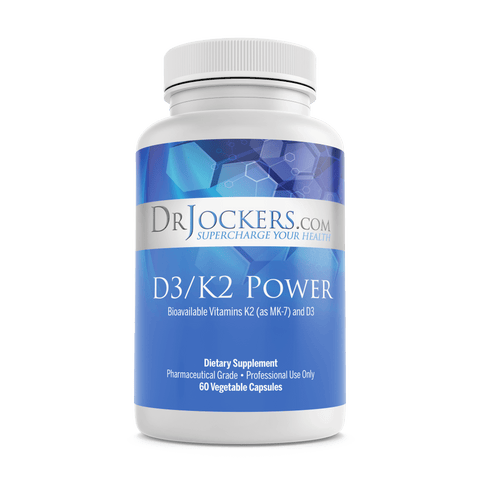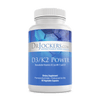
It is essential to maintain healthy vitamin D3 and K2 levels throughout all stages of life, from fetal development to old age. These nutrients help support a number of important systems in the body, including healthy bones, immunity and cardiovascular function.- Dr. Jockers

A few years ago my doctor suggested that I take D3 with K2. I have been taking it ever since. But sometimes it is difficult to find. I was happy to find that Dr. Jockers carries it. I am very happy with the product. - Mary
Read our customer reviews and you'll see why our clients agree these are...






